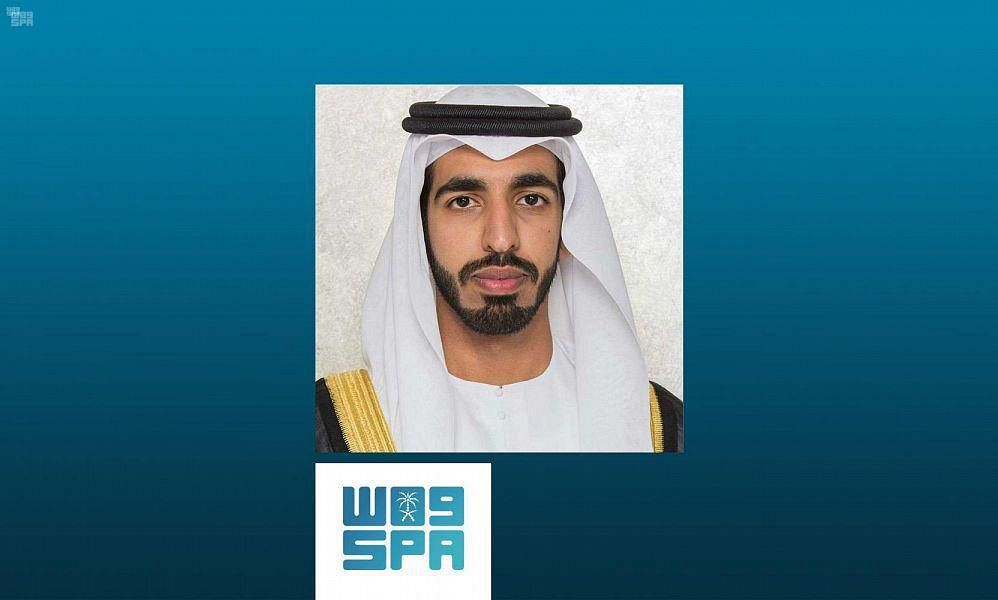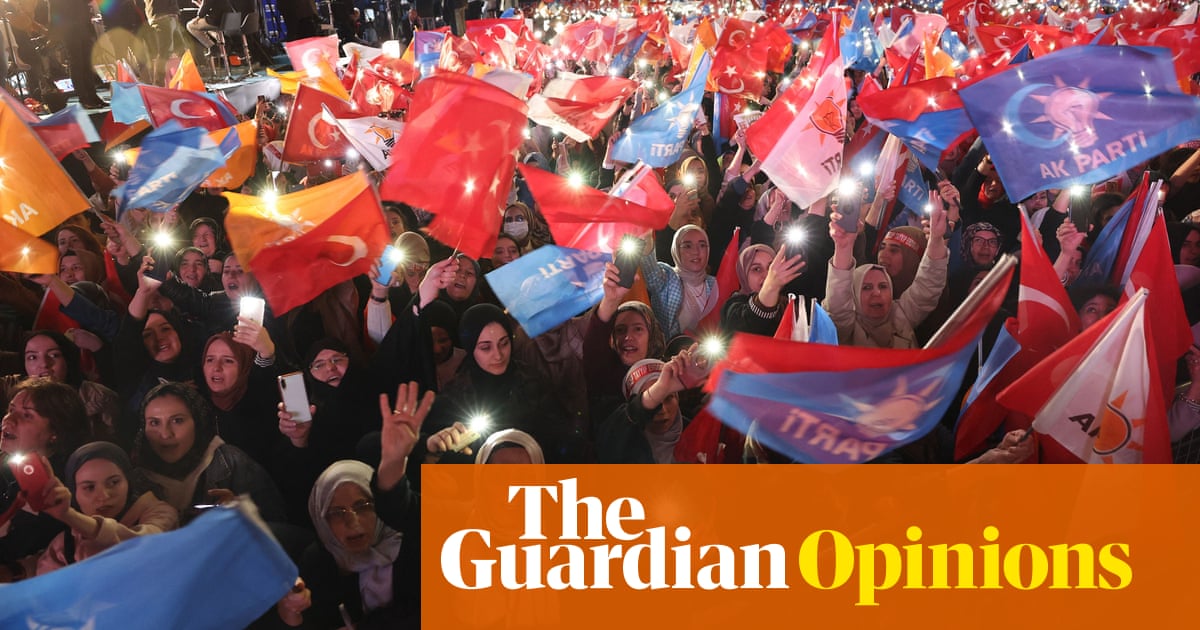
LONDON, Jan 5 (Reuters Breakingviews) - Kazakhstan has served up a timely warning to European leaders. The central Asian state’s government fell on Wednesday following protests sparked by the removal of a price cap on liquefied petroleum gas (LPG), a key fuel for cars. While the details of the implosion are peculiar to Kazakhstan, western politicians have cause to look on nervously.
At first sight, the unrest read more seems odd for a country that in 2020 boasted 1.8 million barrels of daily oil production and 32 billion cubic metres (bcm) of gas, way above consumption levels. Yet LPG has long been sold at a subsidised rate below its cost of production, which incentivised exports and led to shortages. Hence the government’s idea to spur supply at home by hiking the price was logical, but has left some Kazakhs facing energy costs double what they were.
The LPG outcry has been a literal fuel for wider grievances. Kazakhstan"s former president, Nursultan Nazarbayev, who ruled for three decades until his abrupt resignation in 2019, has dragged out a handover of power to nominated successor Kassym-Jomart Tokayev. Things may improve under Tokayev, who has ordered the LPG price cap to be restored as well as price controls on other “socially important goods”, but it was too late for the government led by Askar Mamin.
Europeans arguably have a bigger energy headache to Kazakhs. The 219 bcm of natural gas produced in Europe in 2020 was well under half the continent’s consumption, and European energy prices have surged to record highs amid tight supplies. Short-term wholesale electricity prices were last month almost 10 times their level the year before. On Wednesday, German utility Uniper (UN01.DE)revealed a new $11 billion credit line to guard against margin calls on its forward power contracts.
Energy bills represent a smaller proportion of household budgets in richer countries. But Spanish consumers have seen a doubling in the energy prices they pay since 2019, and UK bill payers will in the coming months be hit with a hike of over 50% in their annual bills. Some European Union countries are lobbying for joint gas buying and strategic reserves, but the real headache is whether and how governments step in to shoulder some of the pain. Almaty provides a live example of what happens if they don’t.
Follow @dasha_reuters on Twitter
CONTEXT NEWS
- Kazakh President Kassym-Jomart Tokayev accepted the government"s resignation on Jan. 5 after a fuel price increase in the oil-producing Central Asian country triggered protests which were met with tear gas. Mass demonstrations continued, however, with protestors storming the Mayor’s office in Almaty, Kazakhstan’s biggest city.
- Speaking to acting cabinet members, Tokayev ordered them and provincial governors to reinstate price controls on liquefied petroleum gas (LPG), and broaden them to gasoline, diesel and other "socially important" consumer goods.
- Late on Jan. 4, the government announced it was restoring the price cap of 50 tenge (11 cents) per litre, or less than half the market price, in Mangistau province where protests begun.












